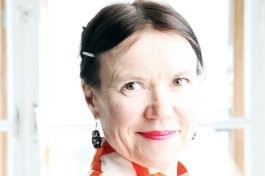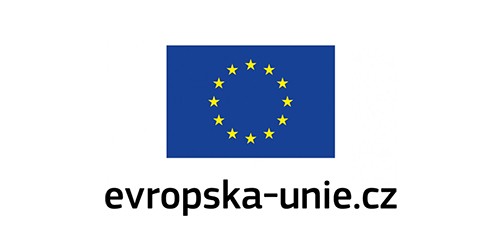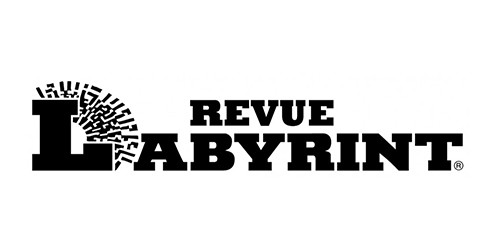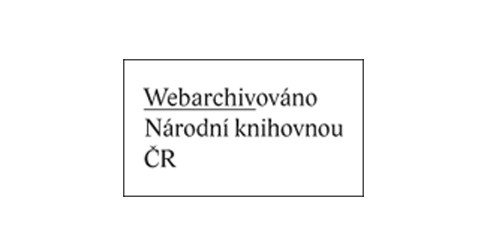One night – many experiences: public readings of contemporary literature performed by well known personalities at attractive and unusual venues in cities across Europe.
European Literature Night builds on the concept of literature being a unique creative medium which embraces the voices of individuals along with the values of the society they live in. The umbrella project “European Literature Nights 2012 – 2014” aims to bring contemporary European literature to the general public in an innovative way through a series of public readings and accompanying events. Supported by a grant from the Culture Programme of the European Union, the project partners hope to deliver high level of impact to their audiences. Although it is Brno, Bucharest, Dublin, Lisbon, Vilnius, Prague and Wroclaw who are jointly co-organizing the project “ELN 2012 – 2014”, the other partner cities where Literature Night already took root are of no lesser importance for the event’s development.












